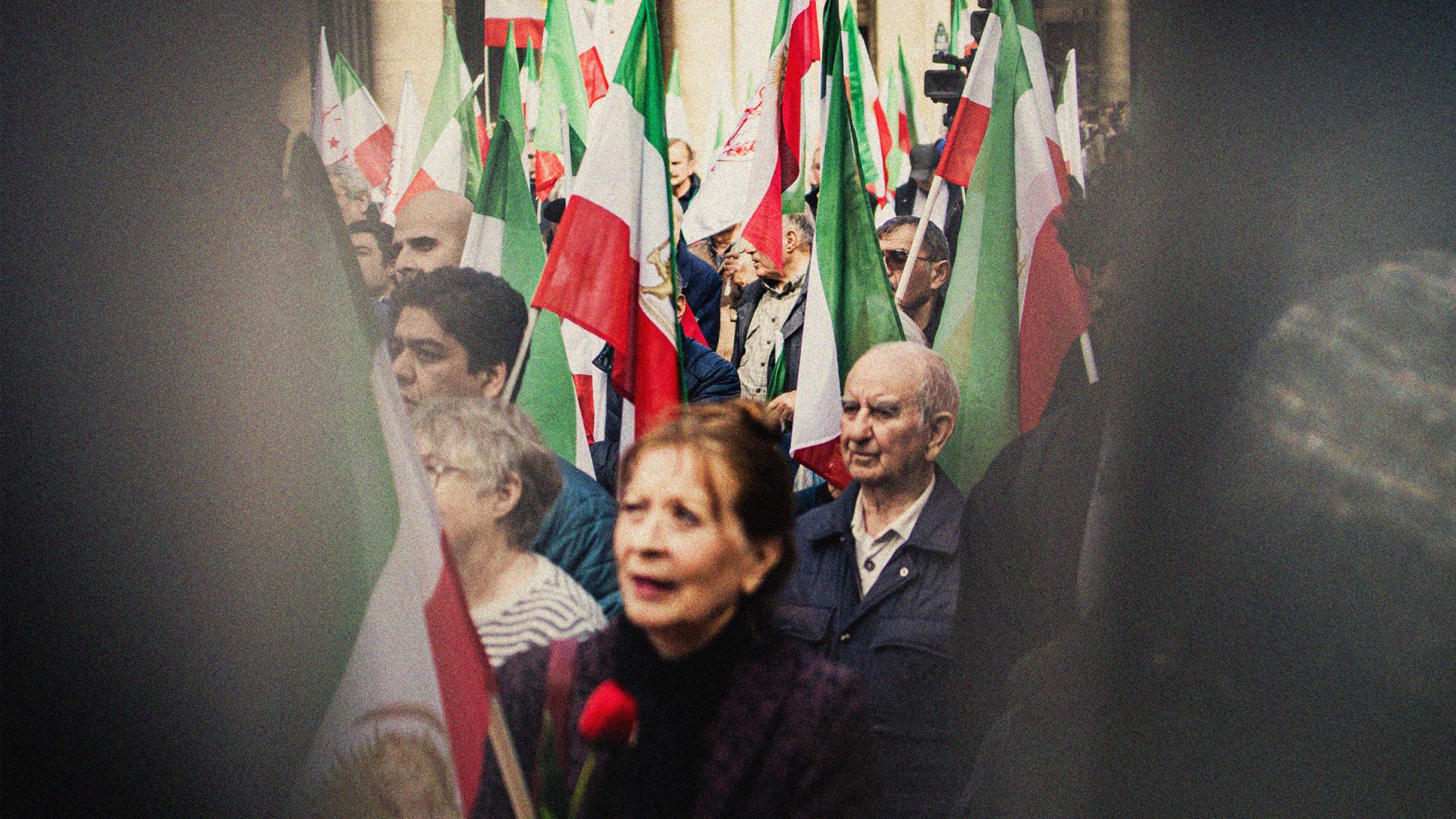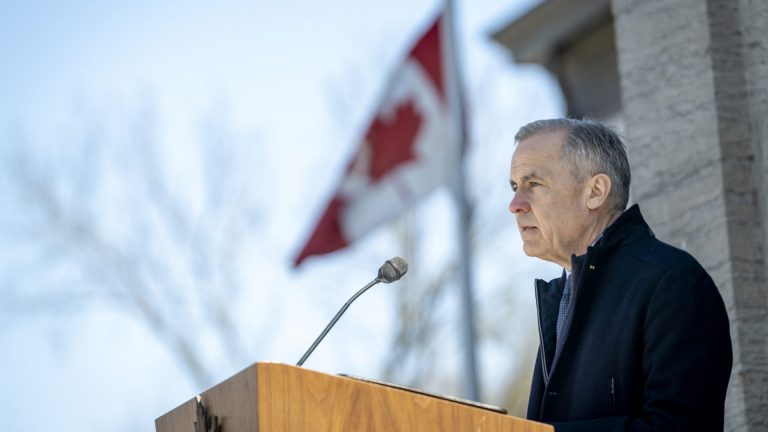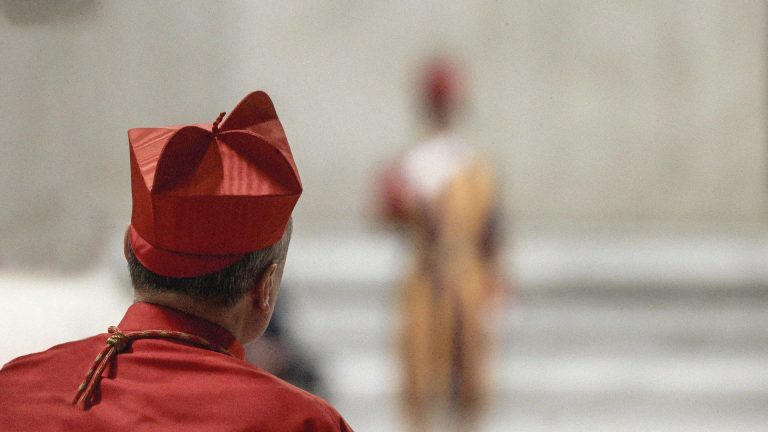Living in Paris means witnessing beauty every single day. I step out of the metro station near the magnificent Louvre and find myself in the middle of a jazz street concert, the kind that makes strangers dance together. A few steps later, I turn a corner, and the atmosphere changes completely.
I see makeshift gallows adorned with bright red tulips and photographs of those facing imminent execution. Today, in the square just beside the majestic Louvre, I find myself adrift in the sorrow of the Iranian people, their hearts breaking under the weight of unrelenting violence back home.
“Five political prisoners were transferred to the Qezel-Hessar prison, the execution site, last Wednesday,” announces the speaker addressing the crowd.
Vahid Bani Amerian, Seyed Mohammad Taghavi, Babak Alipour, Pouya Ghobadi, and Shahrokh Daneshvarkar were all sentenced to death for their affiliation with the People’s Mojahedin Organization of Iran, on charges including collusion against national security. Overall, around fifty people are currently facing execution in Iran.
The speaker, Behzad Naziri, is himself a former prisoner of the Iranian regime. Back in the 1980s, he and his sister worked as journalists, she as a camerawoman for Iranian television, and he as a correspondent for the AFP bureau in Tehran, helping families of political prisoners share their stories with the outside world through Western media.
His sister was executed at the age of 24. Behzad then returned home to console their mother and was arrested in turn. He spent three years in prison before managing to escape. In retaliation, the regime forced his elderly father to serve the remainder of his eight-year sentence in his place. Going after activists’ families is a common tool used by the mullahs to fight dissent.
“The EU must put an end to their policy of appeasement toward the Iranian regime,” says Naziri. “Beyond sanctions, they must finally decide that the only real solution to the Iranian crisis lies in regime change, in standing with the Iranian people and their aspirations.”
Demonstrations like the one in Paris, urging the international community to take measures to save the lives of Iranian political prisoners, were held in a dozen other cities, including Washington D.C., Berlin, Amsterdam, Stockholm, and Sydney.
“Despite the utmost brutality of the regime, there is still hope that sufficient attention could help commute their sentences,” says Afchine Alavi, a member of the National Council of Resistance of Iran (NCRI), a parliament-in-exile founded in 1981 in Tehran with the aim of toppling the mullahs’ regime.
I first met Alavi during a conference earlier this month, organised to announce an initiative by over 1,000 French mayors who signed a petition calling for urgent action to stop executions in Iran.
According to Amnesty International, 2024 was the bloodiest year for executions around the world in nearly a decade – and Iran is responsible for about two-thirds of them, with at least 972 people put to death. The real number may be much higher. In the absence of official demographic data, the responsibility for documenting these deaths falls on civil organisations and the families of those executed. The situation of women facing death sentences is particularly alarming, writes the UN Special Rapporteur on human rights in Iran in her latest report.
“Look at all these courageous women,” says Mehdi Nobari, who has been living in Belgium for over 30 years. “They all have something to say. They are my source of inspiration – knowing about them gives me strength.” Nobari escaped from Iran during the Iran-Iraq war together with his elder brother. Without any papers, they crossed unfamiliar mountain paths to avoid being forced to fight for the Khomeini regime.
Many of the women present here today have lost loved ones to the regime’s relentless repression. “This one’s son was executed, this one lost her sister,” says Nobari, gesturing toward women distributing brochures and holding flags of a democratic Iran – the lion holding a sword beneath the rising sun.
Overhearing our conversation, Hassan Habibi joins us. The Iranian regime took his wife from him. She was tortured and killed.
“The role of women in Iran goes beyond the gender equality battle Europe is fighting,” he says. “In the span of 40 years in Iran, 30,000 women have given their lives for liberty. Their force is the key to overthrowing the religious dictatorship of the mullahs.”
When asked how long it has been since he lost his wife, Habibi responds without hesitation, as if he had been preparing for the question every day: “It’s been exactly 36 years, 4 months, and 12 days.”











